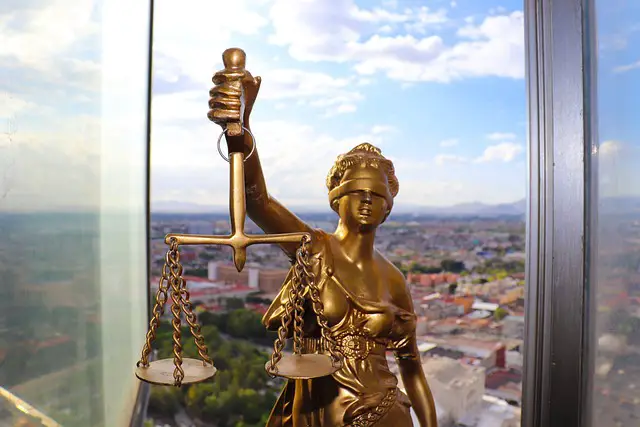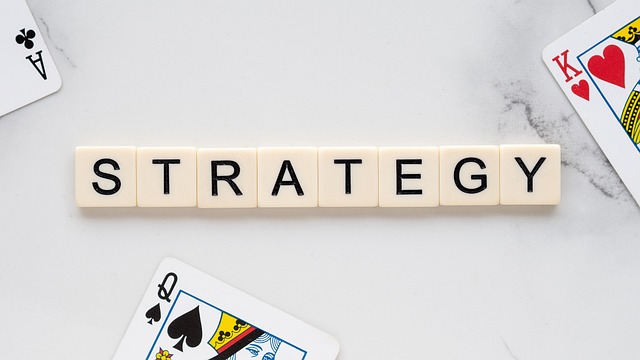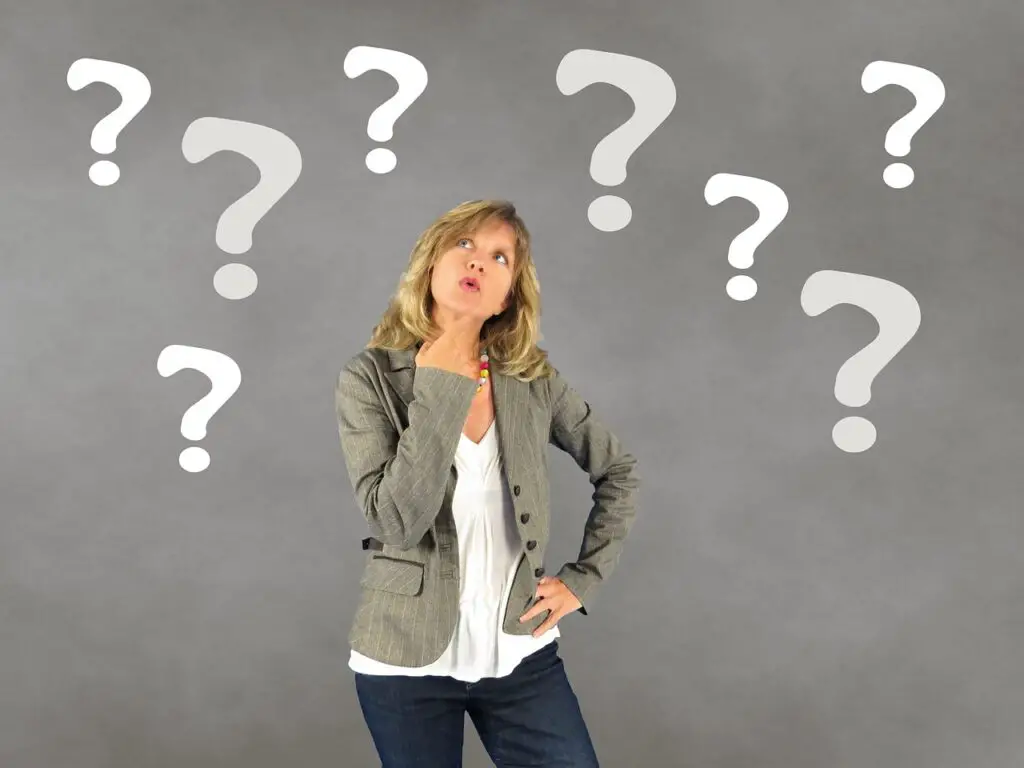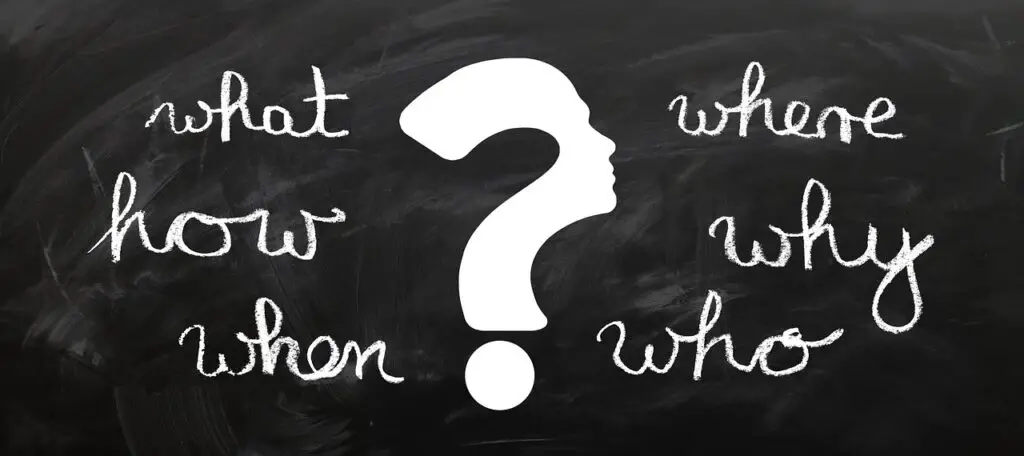Legal procedures are the formal steps and processes involved in the legal system, from filing a lawsuit to appealing a court decision. These procedures ensure that legal disputes are handled fairly and efficiently, and they provide a structured way for parties to resolve conflicts and seek justice. Whether you’re involved in a legal matter as a plaintiff, defendant, or legal professional, understanding these procedures is crucial for navigating the legal system effectively. This guide provides a detailed overview of legal procedures, including their key components, stages, and common questions.

What Are Legal Procedures?
Legal procedures refer to the rules and processes that govern how legal actions are initiated, conducted, and resolved within the judicial system. They encompass the steps involved in civil and criminal cases, from the initial filing of a complaint to the final resolution of the case. Legal procedures ensure that legal proceedings are conducted fairly, transparently, and in accordance with the law.
Key Components of Legal Procedures

- Filing a Complaint or Petition: The legal process begins with the filing of a complaint (in civil cases) or an indictment (in criminal cases). The complaint outlines the plaintiff’s claims and the relief sought, while the indictment details the charges against the defendant.
- Service of Process: After filing a complaint, the plaintiff must serve the defendant with legal notice of the lawsuit. This process, known as “service of process,” ensures that the defendant is aware of the legal action and has an opportunity to respond.
- Answer and Pleadings: The defendant responds to the complaint by filing an answer, which addresses the allegations and may include counterclaims or defenses. Pleadings are formal documents that outline the parties’ arguments and claims.
- Discovery: Discovery is the pre-trial phase where parties exchange information and evidence relevant to the case. This process includes depositions, interrogatories, requests for documents, and admissions. Discovery helps parties prepare for trial by revealing the evidence that will be presented.
- Pre-Trial Motions: Before the trial, parties may file pre-trial motions to resolve certain issues or seek dismissal of the case. Common pre-trial motions include motions to dismiss, motions for summary judgment, and motions to compel.
- Trial: The trial is the formal process where evidence is presented, and legal arguments are made before a judge or jury. In a civil trial, the plaintiff must prove their case by a “preponderance of the evidence,” while in a criminal trial, the prosecution must prove guilt “beyond a reasonable doubt.”
- Verdict and Judgment: After the trial, the judge or jury renders a verdict. In civil cases, the judge may issue a judgment awarding damages or other relief. In criminal cases, the judge imposes a sentence if the defendant is found guilty.
- Appeal: If a party is dissatisfied with the trial outcome, they may appeal the decision to a higher court. The appellate court reviews the trial court’s proceedings for legal errors and may affirm, reverse, or remand the case for further proceedings.
- Enforcement of Judgment: After a judgment is issued, the prevailing party may need to take steps to enforce it, such as garnishing wages or seizing assets. Enforcement procedures vary depending on the nature of the judgment and the jurisdiction.
Major Legal Procedures in Different Types of Cases

- Civil Cases: In civil cases, legal procedures focus on resolving disputes between individuals or entities over issues such as contracts, property, or personal injury. The process involves filing a complaint, discovery, trial, and possibly an appeal.
- Criminal Cases: In criminal cases, legal procedures involve prosecuting individuals accused of committing crimes. The process includes filing charges, arraignment, preliminary hearings, trial, and sentencing. Defendants in criminal cases have constitutional rights, including the right to a fair trial and legal representation.
- Family Law Cases: Family law procedures address issues such as divorce, child custody, and support. The process involves filing petitions, discovery, mediation, and court hearings to resolve family-related disputes.
- Administrative Proceedings: Administrative procedures involve disputes between individuals and government agencies. These proceedings may include hearings, appeals, and judicial reviews of agency decisions.
Common Questions About Legal Procedures (FAQ)

Q: What is the purpose of discovery in legal proceedings?
A: Discovery allows parties to obtain and exchange evidence and information relevant to the case. It helps both sides prepare for trial by revealing the evidence that will be presented, promoting transparency, and reducing surprises during the trial.
Q: How long does it take to resolve a legal case?
A: The duration of a legal case varies depending on factors such as the complexity of the case, the court’s schedule, and the actions of the parties involved. Simple cases may be resolved in a few months, while complex cases or appeals can take years.
Q: Can I appeal a court decision if I am unhappy with the outcome?
A: Yes, if you are dissatisfied with a court decision, you can appeal to a higher court. The appellate court reviews the trial court’s proceedings for legal errors. However, not all decisions are appealable, and appeals must be filed within specific time limits.

Q: What is the difference between a bench trial and a jury trial?
A: In a bench trial, the judge makes the final decision based on the evidence and arguments presented. In a jury trial, a jury of citizens determines the verdict based on the evidence. The choice between a bench trial and a jury trial depends on the case and the preferences of the parties involved.

Q: What are pre-trial motions, and why are they important?
A: Pre-trial motions are requests made to the court before the trial begins. They address specific issues, such as seeking dismissal of the case, excluding certain evidence, or requesting a summary judgment. Pre-trial motions help streamline the trial process and address legal issues early.